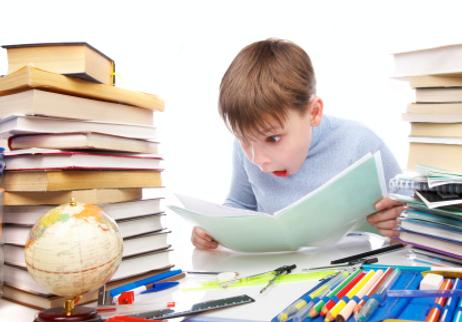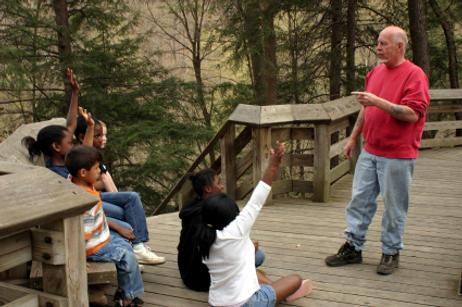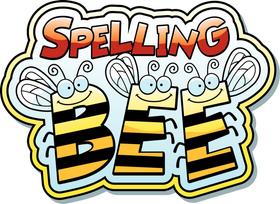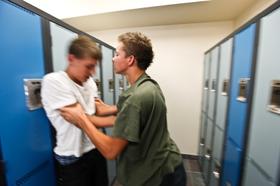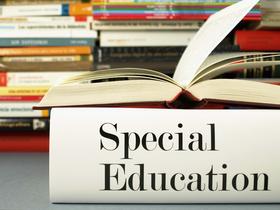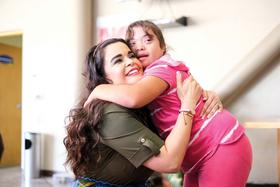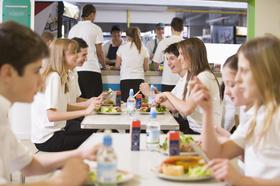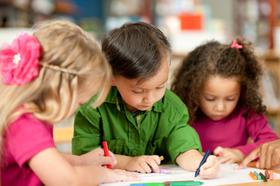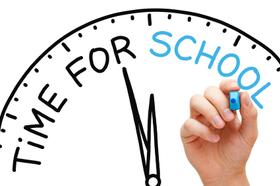The elementary school years play a formative role in shaping a child’s self-esteem and confidence. Children with high self-esteem typically tackle new challenges more effectively, achieve more success in school, and generally exhibit fewer personal and behavioral issues.
On the contrary, children with low self-esteem tend to experience higher levels of anxiety and frustration. Additionally, low self-esteem can cause children to become passive and withdrawn from school and friends. As self-esteem plays a critical role in a child’s overall personality development, attitude, and persona, parents can utilize five specific strategies to boost their child’s positive feelings and confidence.
Five Strategies for Self Esteem
According to the Nemours Foundation, self-esteem is the term that is used to describe a child’s general feelings of self-worth. Self-esteem is often gauged by how one collectively feels about him or herself, and self-esteem also influences our personal beliefs about our abilities, desires, and interests.
The Nemours Foundation further articulates that parents play a large role in their child’s development of esteem: “As kids try, fail, try again, fail again, and then finally succeed, they develop ideas about their own capabilities. At the same time, they're creating a self-concept based on interactions with other people.” Experts assert that parents should implement specific strategies to encourage the positive development of their child’s esteem and confidence.
1. Use Positive Encouragement
One of the best ways to boost self-esteem in


